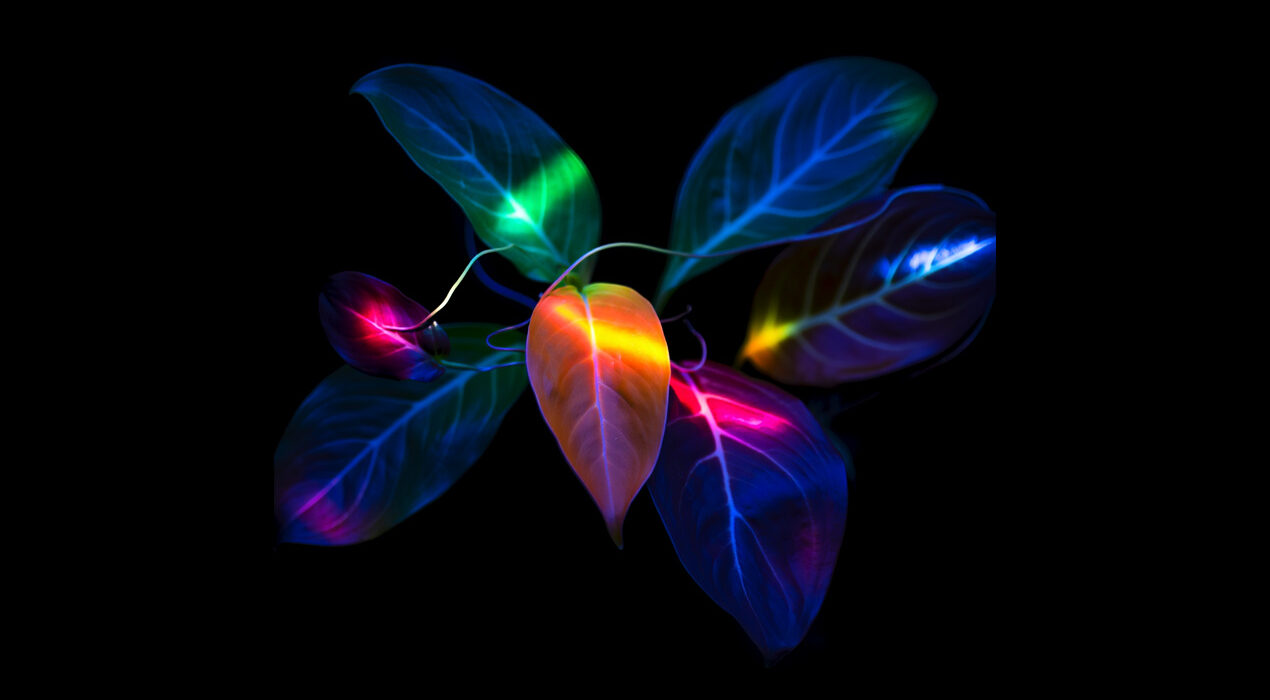Researchers at Michigan State University have made a surprising discovery. Plants don’t just react to light — they communicate with it using chemical signals.
This breakthrough could help create crops that grow better under tough conditions.
A New Way Plants See Light
The team studied Arabidopsis, a small model plant. One mutant version couldn’t produce a key enzyme for making flavonoids.
As a result, a compound called naringenin chalcone (NGC) built up inside its cells. Strangely, these plants showed poor growth under certain light conditions.
To find out why, scientists created thousands of new mutants. They found that those without a gene called UVR8 grew just fine.
Light Sensor Gets Reprogrammed
UVR8 is a protein that normally senses UV-B light. However, in these mutants, the build-up of NGC caused UVR8 to activate even without light.
This means a metabolic compound was reprogramming a light sensor — a connection scientists never expected.
As a result, plants may use these internal signals to manage growth when light is limited or intense.
What This Means for Crops
This discovery opens new doors. For example, crops could be modified to use light more efficiently.
They could also become more resistant to light stress and harsh environments.
“This shows plants can use small molecules as signals — not just for defense, but to guide growth,” said lead






